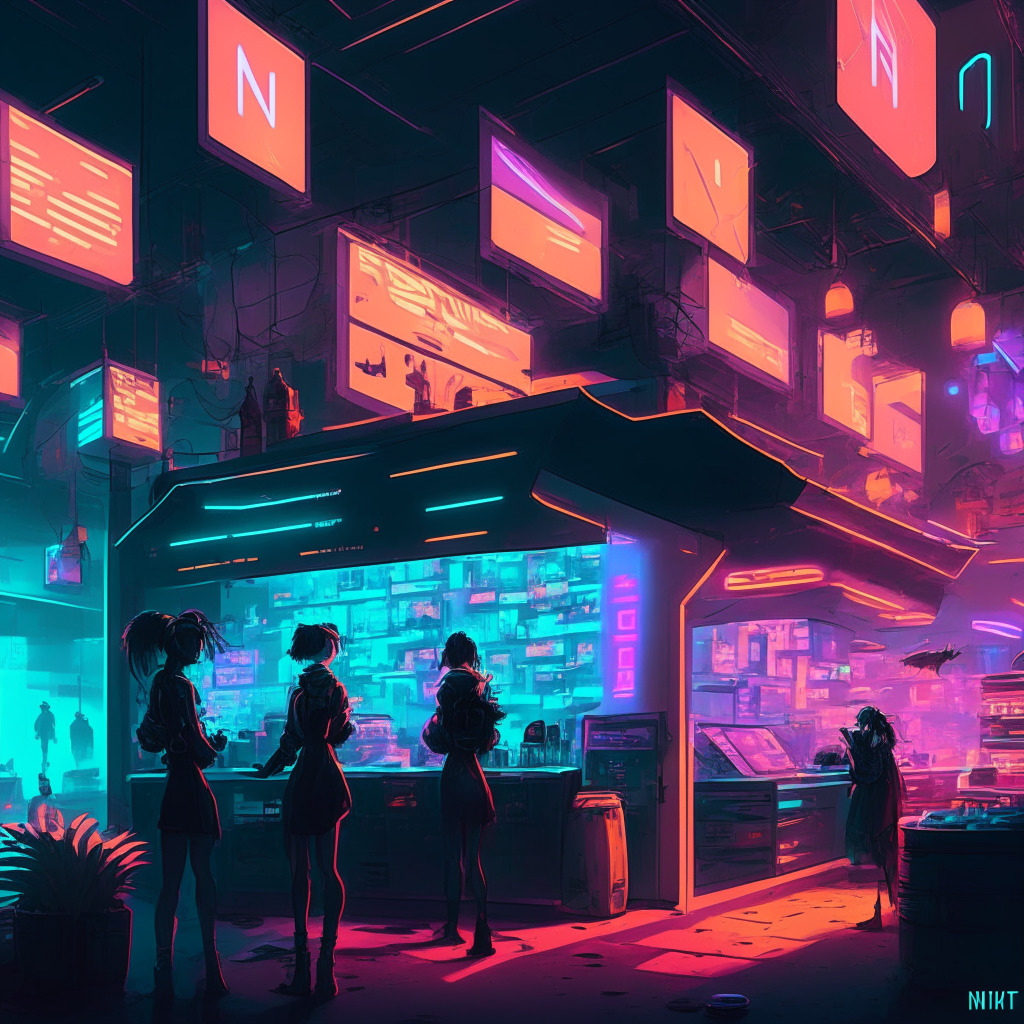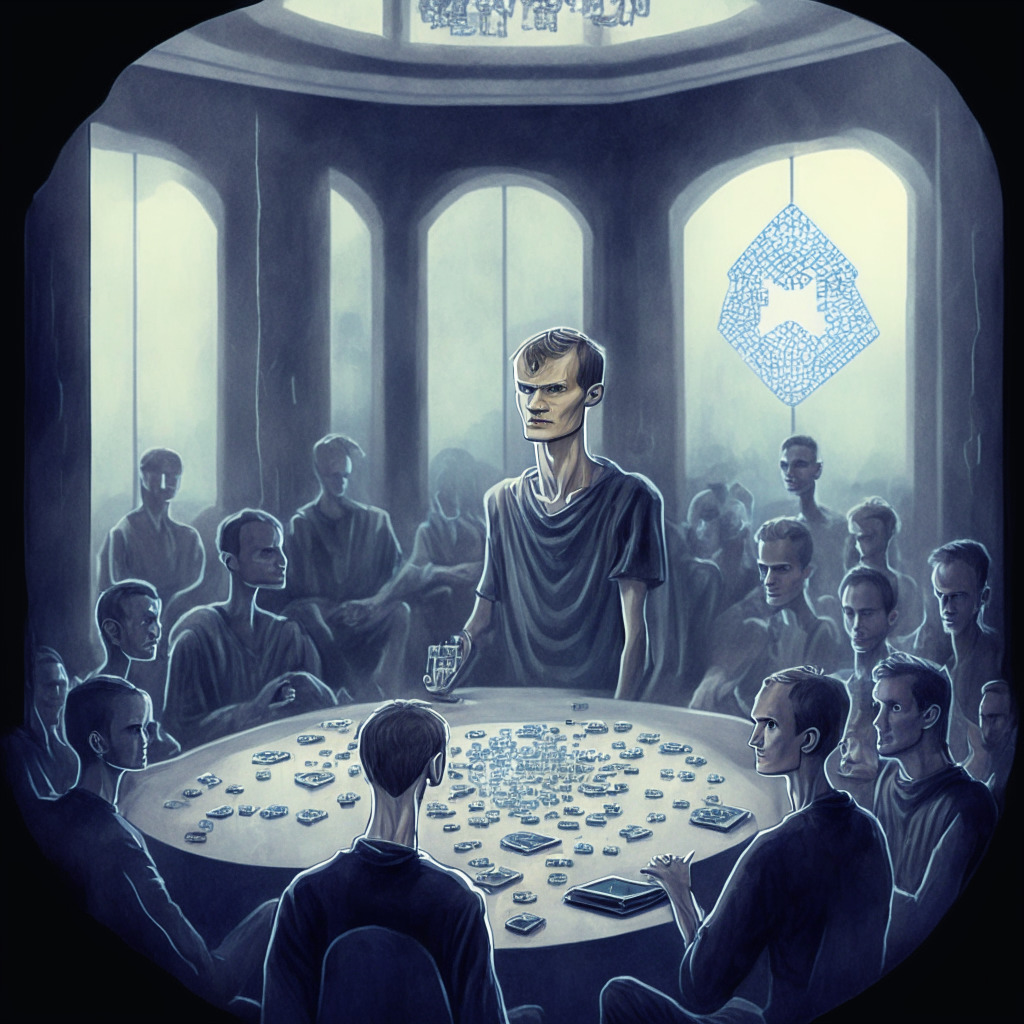The NFT marketplace Blur has been gaining significant traction in recent times. With the introduction of Blend, its new lending platform, the marketplace has reached yet another major milestone. According to data from Dune, Blend has facilitated over 100,000 ETH (approximately $181 million) in total volume in just 17 days since its launch. Blend functions by allowing users to take out Ethereum loans using their NFTs as collateral, enabling them to purchase new NFTs on the Blur marketplace. In return, liquidity providers earn interest, giving rise to the emerging “NFTfi” niche within the crypto space.
Despite accumulating more than 3,000 loans from 900 unique lenders, the addition of Bored Apes Yacht Club (BAYC) and Mutant Ape Yacht Clube (MAYC) collections on Monday has spurred further enthusiasm among NFT collectors. These collections joined the four existing available collections – Azuki, Wrapped Cryptopunks, DeGods, and Miladys. BAYC and MAYC accounted for a combined volume of 2,267 ETH on day one, with BAYC being the third-most traded collection on the platform, boasting a volume of 3,082 ETH, just behind Azuki (4,616 ETH) and Wrapped Cryptopunks (2,260 ETH). Azuki still holds the top spot in total volume, surpassing 50,000 ETH, nearly half the total volume since the service’s inception.
Currently, no fees are taken from borrowers or lenders by Blend. Nevertheless, Blur has stated that token holders may potentially vote to introduce fees after a 180-day period. Despite its rapid rise, Blur’s journey has not been without challenges since its launch this past fall. As the most prominent NFT marketplace, it accounts for nearly 59% of overall NFT transaction volume to date. However, critics have accused the platform of hosting wash trading operations, particularly during the platform’s token launch.
Analyst Hildhobby observed that Blur only accommodated 14,575 traders in comparison to 46,353 on Opensea, another popular platform. CryptoSlam, an NFT sales tracking platform, announced the removal of $577 million worth of Blur trades from its data at the end of February, citing “market manipulation.” Additionally, it said it would filter future Blur trades with an updated algorithm that excludes perceived suspicious sales.
Regardless of these concerns, the success of Blend serves to reinforce Blur’s position,
Source: Decrypt




